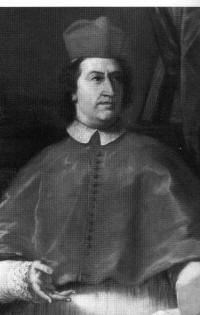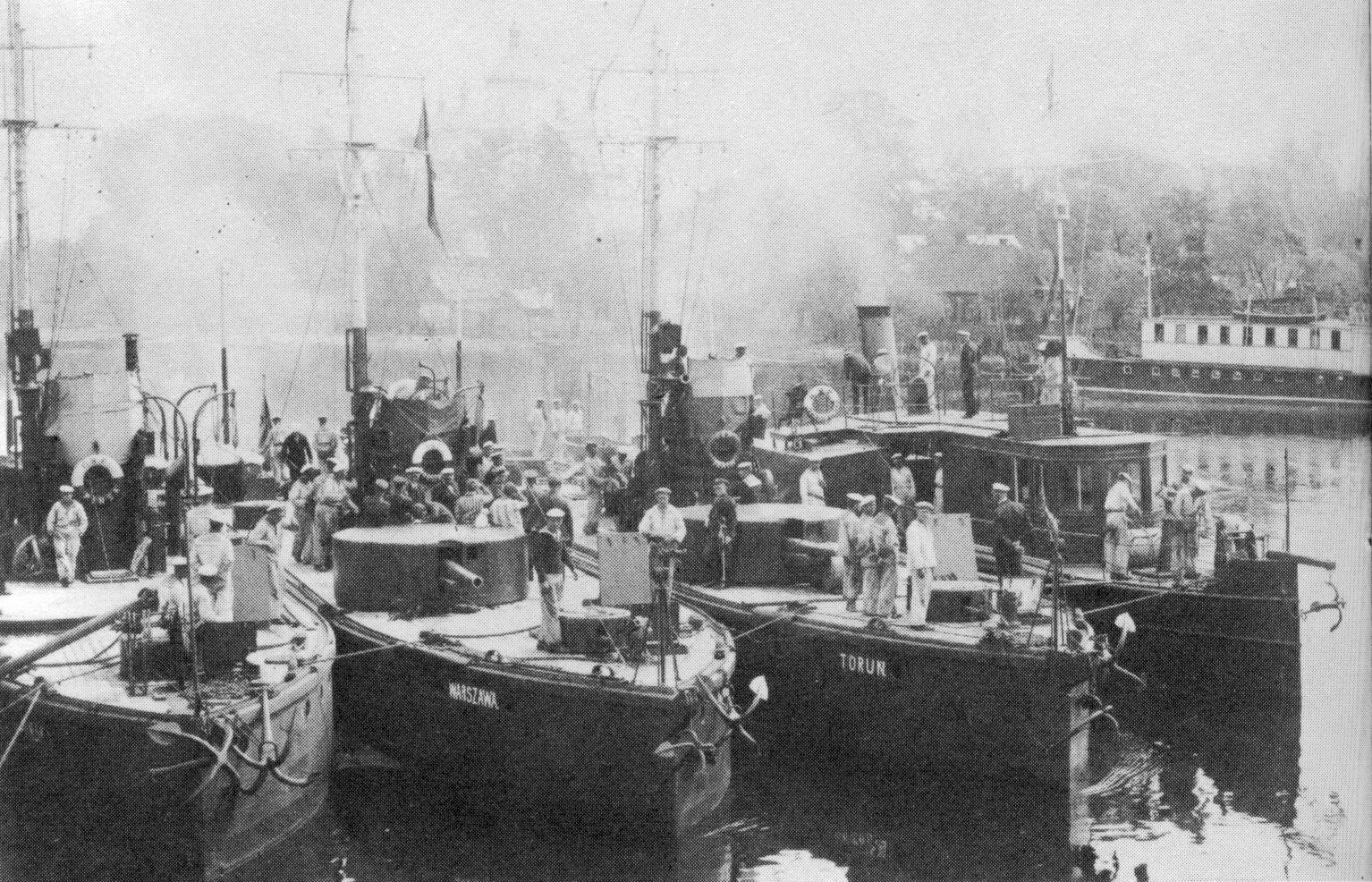|
Synod Of Zamość
The Synod of Zamość was a Ruthenian Uniate Church, Ruthenian Uniate synod held in 1720 in Zamość. It is considered a crucial event that stabilised the Uniate liturgy and organisation after this Sui iuris, Church had managed to gain the upper hand among the Eastern Christianity, Eastern Christians of the Polish-Lithuanian Commonwealth. Having brought the Uniates into line with the Council of Trent, Tridentine Catholicism, the synod remains a controversial issue, as its critics claim that it corrupted the Ruthenian Uniate traditions with too many borrowings from the Latins. Background In 1596 the Ruthenian Eastern Orthodox Church, Orthodox bishops of the Polish-Lithuanian Commonwealth accepted the terms of the Bull of Union with the Greeks, 1439 Union of Florence and concluded the so-called Union of Brest with the Holy See in Rome. In exchange for the promises of political elevation within the Commonwealth and the preservation of their Byzantine-Slavonic liturgy and organisation, ... [...More Info...] [...Related Items...] OR: [Wikipedia] [Google] [Baidu] |
Ruthenian Uniate Church
The Ruthenian Uniate Church (; ; ; ) was a Catholic particular churches and liturgical rites, particular church of the Catholic Church in the territory of the Polish–Lithuanian Commonwealth. It was created in 1595/1596 by those clergy of the Eastern Orthodox churches, Eastern Orthodox Church who subscribed to the Union of Brest. In the process, they switched their allegiances and Ecclesiastical jurisdiction, jurisdiction from the Ecumenical Patriarchate of Constantinople to the Holy See. The church had a single metropolitan territory — the Metropolis of Kiev, Galicia and all Ruthenia (Ruthenian Uniate Church), Metropolis of Kiev, Galicia and all Ruthenia. The formation of the church led to a high degree of confrontation among Ruthenians, such as the murder of Archeparch Josaphat Kuntsevych in 1623. Opponents of the union called church members "Uniates". Catholic documents today no longer use this term due to its perceived negative overtones. Background Kievan Rus' is an e ... [...More Info...] [...Related Items...] OR: [Wikipedia] [Google] [Baidu] |
Pope Clement XI
Pope Clement XI (; ; ; 23 July 1649 – 19 March 1721), born Giovanni Francesco Albani, was head of the Catholic Church and ruler of the Papal States from 23 November 1700 to his death in March 1721. Clement XI was a patron of the arts and of science. He was also a great benefactor of the Vatican Library; his interest in archaeology is credited with saving much of Rome's antiquity. He authorized expeditions which succeeded in rediscovering various ancient Christian writings and authorized excavations of the Roman catacombs. Biography Early life Giovanni Francesco Albani was born in 1649 in Urbino to the Albani family, a distinguished family of Albanian origin in central Italy. His mother Elena Mosca (1630–1698) was a high-standing Italian of bergamasque origin, descended from the noble Mosca family of Pesaro. His father Carlo Albani (1623–1684) was a patrician. His mother descended in part from the Staccoli family, who were patricians of Urbino, in part from the Gior ... [...More Info...] [...Related Items...] OR: [Wikipedia] [Google] [Baidu] |
Ruthenian Catholic Archeparchy Of Smolensk
The Ruthenian Catholic Archeparchy of Smolensk (, ) was an archeparchy of the Metropolis of Kiev, Galicia and all Ruthenia in the Ruthenian Uniate Church from 1625 to 1778. It was situated in the Polish–Lithuanian Commonwealth in what is today the Smolensk Oblast of the Russian Federation. It used the Byzantine Rite in its services. It was also known as the Ruthenian Catholic Archdiocese of Smolensk or Smoleńsk of the Ruthenians. History It was established in 1625 on Polish–Lithuanian Commonwealth territory, previously without proper Ruthenian Catholic jurisdiction. Earlier in 1611, after Smolensk was occupied by the Polish army in the same year, there was established the Roman Catholic Diocese of Smolensk but in 1654 Smolensk returned to be a Russian city and both the Roman Catholic and the Greek Catholic Bishops had to go in the Polish territory. The Ruthenian Uniate Eparchy became a titular see. It was suppressed in 1778, without a successor jurisdiction, at its last ... [...More Info...] [...Related Items...] OR: [Wikipedia] [Google] [Baidu] |
Ukrainian Catholic Eparchy Of Chełm–Belz
Ukrainian may refer or relate to: * Ukraine, a country in Eastern Europe * Ukrainians, an East Slavic ethnic group native to Ukraine * Demographics of Ukraine * Ukrainian culture, composed of the material and spiritual values of the Ukrainian people * Ukrainian language, an East Slavic language of the Indo-European language family, spoken primarily in Ukraine * Ukrainian cuisine, the collection of the various cooking traditions of the people of Ukraine See also * Languages of Ukraine * Name of Ukraine * Religion in Ukraine * Ukrainians (other) * Ukraine (other) * Ukraina (other) * Ukrainia (other) Ukrainia may refer to: * The land of Ukraine * The land of the Ukrainians, an ethnic territory * Montreal ''Ukrainia'', a sports team in Canada * Toronto ''Ukrainia'', a sports team in Canada See also * * Ukraina (other) * Ukraine (d ... * {{disambiguation Language and nationality disambiguation pages ... [...More Info...] [...Related Items...] OR: [Wikipedia] [Google] [Baidu] |
Ruthenian Catholic Archeparchy Of Polotsk–Vitebsk
Ruthenian or Ruthene may refer to: Places * Ruthenia, a name applied to various East Slavic inhabited lands ** White Ruthenia, an East Slavic historical region ** Black Ruthenia, an East Slavic historical region ** Red Ruthenia, an East Slavic historical region ** Carpathian Ruthenia, a historical region inhabited mostly by Rusyns (Rusynia) ** Ruthenian Voivodeship, a historical province (1434–1772) Peoples * Ruthenians, an exonymic name applied to various East Slavic peoples ( Gente Ruthenus, natione Polonus): ** Belarusians, sometimes referred to (in historical context) as ''White Ruthenians'' ** Rusyns, sometimes referred to as ''Carpatho-Ruthenians'' *** Pannonian Rusyns ** Ukrainians, sometimes referred to (in historical context) as ''South Ruthenians'' Languages * Old East Slavic, language of the medieval Rus' (sometimes referred to as ''Ruthenian'') * Ruthenian language, East Slavic language of the Polish-Lithuanian Commonwealth and the Habsburg Monarchy ** Belarusian l ... [...More Info...] [...Related Items...] OR: [Wikipedia] [Google] [Baidu] |
Florian Hrebnicki
Florian Hrebnicki (born as Franciszek Hrebnicki; ; 1683 – 18 July 1762) was the " Metropolitan of Kiev, Galicia and all Ruthenia" On 14 March 1716 Hrebnicki was ordained by Primate of the Uniate church Leo Kiszka as a archbishop of Polock. On 16 December 1748 he was confirmed as the Metropolitan bishop of Kiev, Galicia, and all Ruthenia. He consecrated following bishops Maksymilian Rylo and Theodosius Godebski. Hrebnicki died in 1762 at a residence of the Polotsk Archbishops that he built in village of Strunie (today in Polotsk District). Notes References * Florian Hrebnicki' at the ''catholic-hierarchy.org'' * Sas, P. Florian Hrebnicki (ГРЕБНИЦЬКИЙ ФЛОРІЯН МИХАЙЛОВИЧ)'. Encyclopedia of History of Ukraine. 2004 1683 births 1762 deaths People from Vitebsk Voivodeship Ruthenian nobility of the Polish–Lithuanian Commonwealth Metropolitans of Kiev, Galicia and all Ruthenia (Holy See) Order of Saint Basil the Great Archbis ... [...More Info...] [...Related Items...] OR: [Wikipedia] [Google] [Baidu] |
Pinsk
Pinsk (; , ; ; ; ) is a city in Brest Region, Belarus. It serves as the administrative center of Pinsk District, though it is administratively separated from the district. It is located in the historical region of Polesia, at the confluence of the Pina (river), Pina River and the Pripyat (river), Pripyat River. The region was known as the Pripet Marshes, Pinsk Marshes and is southwest of Minsk. As of 2025, it has a population of 124,008. The historic city has a restored city centre, with two-storey buildings from the 19th and early 20th centuries. The centre has become an active place for youths of all ages with summer theme parks and an association football stadium, which houses the city's football club, FC Volna Pinsk. History Timeline up to WWI *1097 – the first mention of Pinsk * 1241 – transfer of the Eastern Orthodox Church, Orthodox diocese from Turov, Belarus, Turov * 1316 – after this date, Pinsk was incorporated into the Grand Duchy of Lithuania * 1396 – a Cat ... [...More Info...] [...Related Items...] OR: [Wikipedia] [Google] [Baidu] |
Girolamo Grimaldi (1674–1733)
Girolamo Grimaldi (1674 – 18 November 1733) was a cardinal who worked in the diplomatic service of the Holy See and in the government of the Papal States. Life and death Baptized in Genoa on 15 November 1674, Grimaldi graduated from the University of Avignon on 26 June 1705 with a law degree. Four years later, he was ordained as a Roman Catholic priest, on 7 April 1709, and was appointed Internuncio to Brussels. On 5 October 1712 he was appointed titular Archbishop of Edessa in Osrhoëne and sent as Nuncio to Poland. In 1720 he became Nuncio to Austria Ten years later, he was created a cardinal in the consistory of 2 October 1730 and appointed the papal legate for Bologna. In the following year 1731 he became Legate for the duchies of Parma and Piacenza. In 1733, while travelling by sea from Naples to Genoa, he became ill. He was taken ashore at Ischia and died there on 18 November 1733. His body was taken to Genoa and buried in the church of San Filippo. ReferencesThe ... [...More Info...] [...Related Items...] OR: [Wikipedia] [Google] [Baidu] |

